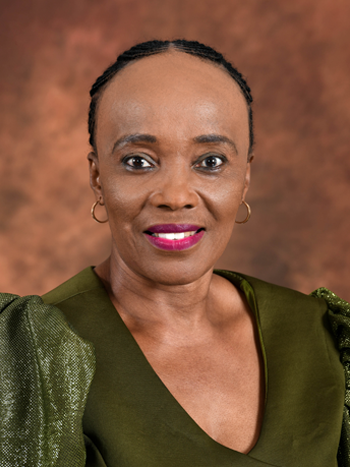
Transport Minister Sindisiwe Chikunga and Gauteng Premier Panizza Lesufi shut down e-tolls in Gauteng
Transport Minister Sindisiwe Chikunga and Gauteng Premier Panyaza Lesufi have together shut down the e-tolls system. “It has been a long road, but we have finally put an end to e-tolls in Gauteng,” Chikunga said, with Lesufi standing alongside her at a gantry on the N1 in Johannesburg on Thursday night.

“From midnight on Thursday, 11 April 2024, e-tolls are dead and motorists will no longer have to pay e-tolls,” said Minister Chikunga.
Minister Chikunga and Premier Lesufi were accompanied by Gauteng MEC for Transport and Logistics Kedibone Diale-Tlabela and SANRAL CEO Reginald Demana to witness the shutting down of the e-tolls system last night.
“Tonight we are celebrating a victory for our democracy. The decision to end e-tolls is a testament to our government’s commitment to its people; the voices of our citizens have been heard and our government has listened. As we bid farewell to e-tolls, we usher in a new dawn of an e-toll-free society where road users will no longer be charged for using the freeways in Gauteng,” she said.
Premier Lesufi said he and the citizens of Gauteng were relieved and excited that e-tolls were finally behind them. “The fact that we are here shows that we have eradicated a long-standing problem. I also want to say that we have proven wrong those doomsayers who didn’t believe us when we said we were going to end e-tolls. Here is the proof; e-tolls are no more and the residents of Gauteng can move forward.”
Speaking at the Central Operations Centre (COC) in Centurion, SANRAL CEO Reginald Demana said the infrastructure created for e-tolls would continue to be used for many other purposes. “One of our biggest priorities in this process is to ensure that we preserve the jobs of the more than 900 employees working at the COC, the call centre and various kiosks across the province. In addition to using the infrastructure for critical road safety and law enforcement functions, world-class interoperability systems, parking payment solutions, account-based ticketing and several other systems which we are considering for the future,” said Demana.